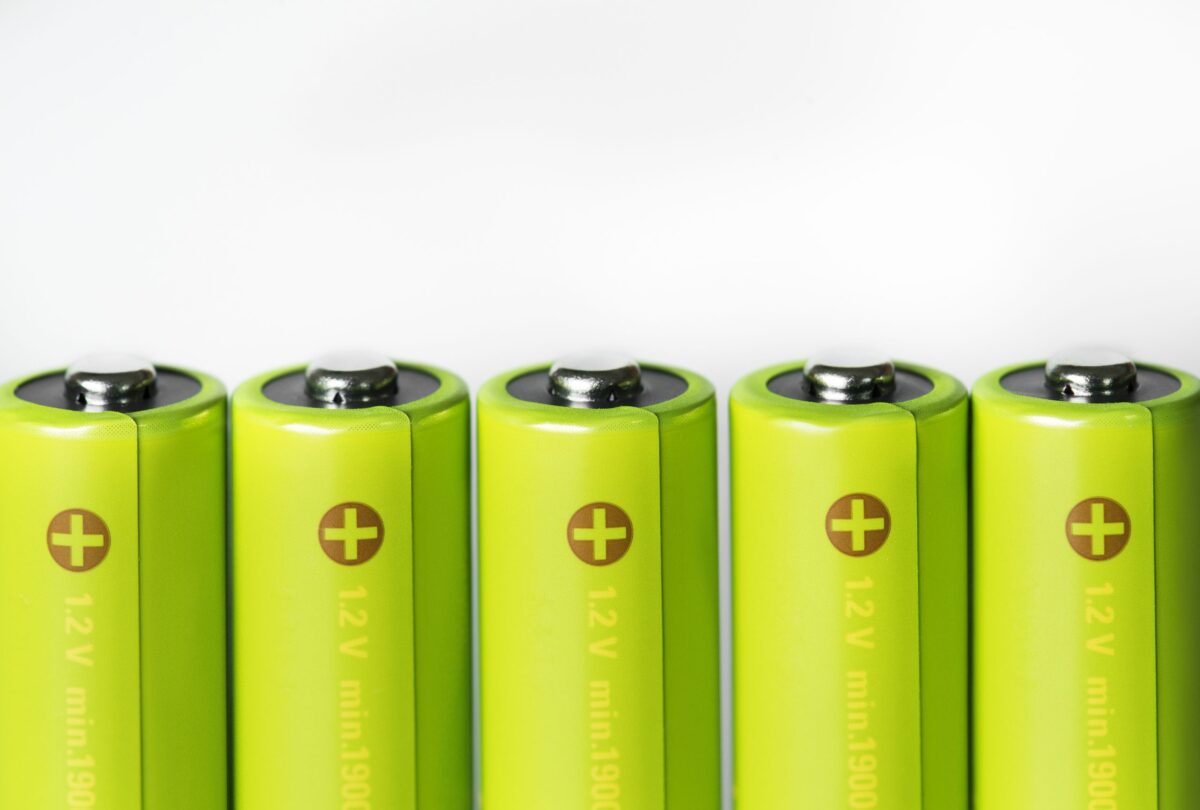Charging a device in minutes instead of hours is no longer a distant dream. Fast-charging lithium batteries are transforming how we power everything from smartphones to drones. As demand for rapid energy solutions grows, lithium battery manufacturers are pushing the limits of technology to create batteries that charge faster while maintaining efficiency and safety.
Why Fast-Charging Lithium Batteries Are in High Demand
Modern consumers and industries need power on the go. The growing reliance on renewable energy storage, and portable electronics has made fast-charging capabilities essential. Some key factors driving demand include:
- Consumer Electronics – Smartphones, laptops, and wearables benefit from quick power-ups, reducing dependency on long charging cycles.
- Industrial and Medical Equipment – Faster battery replenishment ensures uninterrupted operations in mission-critical applications.
How Fast-Charging Lithium Batteries Work
Fast charging depends on advancements in battery chemistry, charging infrastructure, and heat management. Here are some key innovations making this technology possible:
- High-Capacity Electrodes
New materials, such as silicon anodes and lithium iron phosphate (LFP), improve charging efficiency and battery lifespan. These materials store more energy and allow faster power transfer.
- Advanced Battery Management Systems (BMS)
A smart BMS prevents overheating and ensures safe voltage regulation. This allows batteries to charge at higher speeds without reducing their lifespan.
- Solid-State Batteries
Unlike traditional lithium-ion batteries, solid-state versions use a solid electrolyte. This reduces the risk of overheating and supports faster charging without sacrificing safety.
- Ultra-Fast Charging Stations
High-powered charging stations are being developed to support the next generation of fast-charging lithium batteries. These stations deliver increased voltage and current for rapid power replenishment.
Challenges of Fast-Charging Lithium Batteries
While fast-charging technology is improving, several challenges remain:
- Heat Generation – Rapid charging can lead to excess heat, which affects battery life and safety.
- Battery Degradation – Frequent fast charging may shorten the overall lifespan of the battery.
Future of Fast-Charging Batteries
Research in battery technology is advancing rapidly. Scientists are exploring ways to charge lithium batteries in under 10 minutes without causing degradation. Some promising developments include:
- Graphene-Based Batteries – These have superior conductivity, reducing charging time significantly.
- AI-Driven Charging Optimization – Artificial intelligence is being used to analyze battery usage and adjust charging rates for efficiency.
- Dual and Multi-Port Chargers – Devices like the double Dewalt charger are improving multi-battery charging efficiency for industrial and commercial use.
- Dual-Charging Technology
Some modern lithium batteries are integrating dual-charging technology, allowing them to draw power from two sources simultaneously. This speeds up the charging process while reducing strain on individual battery cells, improving both efficiency and lifespan. Devices like the double Dewalt charger utilize this method to charge multiple batteries at once, making them ideal for industrial and commercial applications.
Conclusion
Fast-charging lithium batteries are set to change the way we power devices, vehicles, and industries. Lithium battery manufacturers continue to refine this technology, balancing speed, safety, and longevity. One of the most popular battery manufactures Emerging Power is driving innovation, ensuring that reliable, high-speed charging solutions meet the growing demands of modern energy needs. Get in touch with us and let us know your specific battery requirements.


